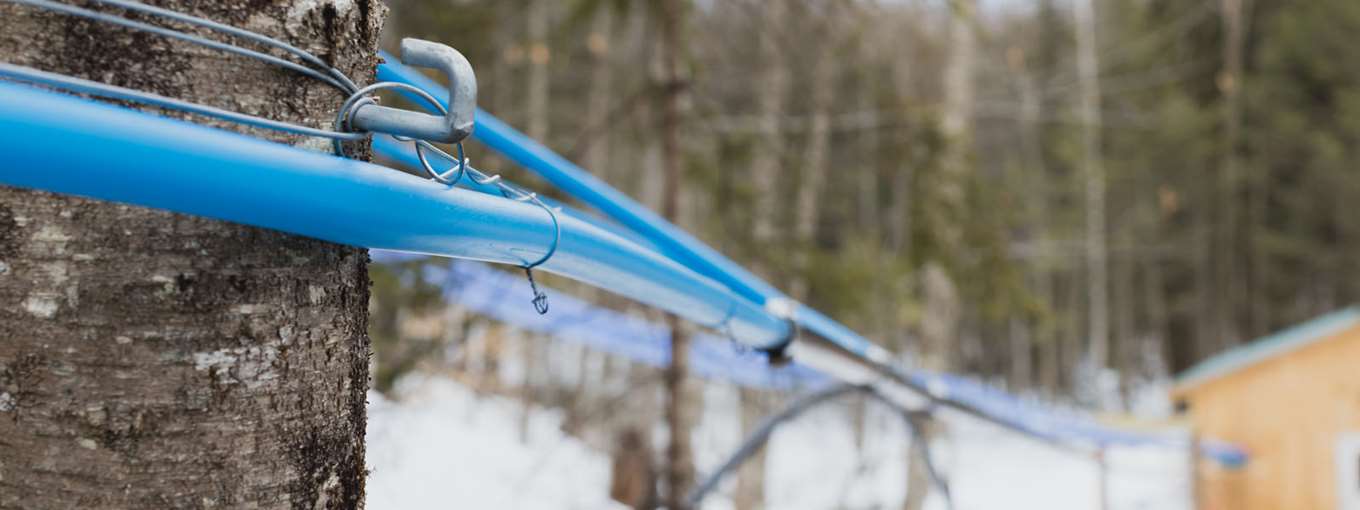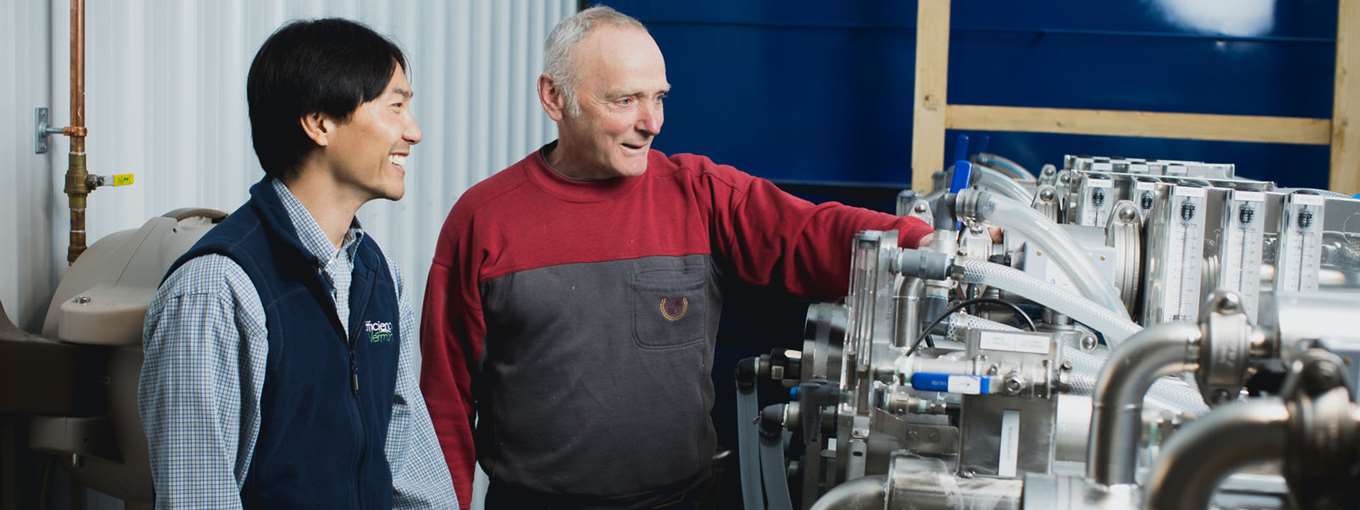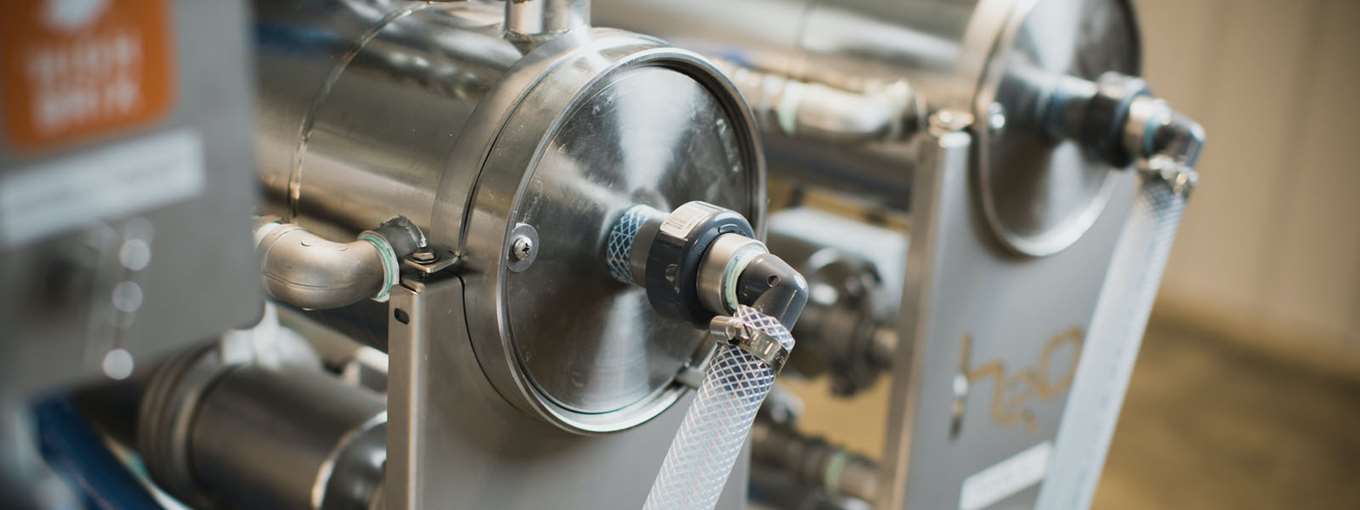Maple High Brix yields sweet success for sugarers
Sixteen years ago I graduated from
I found work with Efficiency Vermont as an energy consultant, where I use my engineering skills to help businesses save energy. Efficiency Vermont has always offered energy-saving programs and rebates to farms, but in recent years we've expanded our agricultural reach to include sugar operations. As it turns out, my personal interest in sugaring has had a real influence on my work.
Sugaring is part of the fabric of Vermont, but reducing 40 gallons of sap down into one gallon of syrup takes an enormous amount of fuel and time, and that’s a risk to Vermont’s sugaring future. For the big
Collaborating with others at Efficiency Vermont we were able to introduce programs to help sugar makers keep down costs and time spent boiling, including specialized vacuum pumps, variable frequency drives, and, most notably, reverse osmosis (RO) systems.
RO systems use a membrane to help reduce the water content in sap prior to boiling it, which can cut processing time by a whopping 50-75%. While a lot of the larger operations had already discovered RO and invested in it, the technology was more out of reach for the smaller guys. We wanted to change that, to keep small-scale and backyard sugaring operations more doable for everyday Vermonters. I’m proud to say that initiative was a success, with 121 sugarers taking advantage of our RO rebates and technical guidance.
Since then, we've rolled out some additional equipment rebates and I've worked with almost 100 sugar operations evaluating their processes and helping them find cost savings.
Recently, we've been testing out a new advancement in osmosis tech, named High Brix after the high sugar content it yields. To better understand the efficiency potential of High Brix equipment, we've been working with Goodrich's Maple Farm and the Proctor Maple Research Center at the University of Vermont. Both have installed the equipment and are testing it out, while we measure and verify energy savings.
Goodrich Maple Farm has been operated by the same family for eight generations, since the mid-1800s, and this year marks their first experience with Maple High Brix. I'm thrilled we could partner with an operation like theirs: steeped in history, yet willing to try out some
Looking ahead, I think we're going to see more and more of the newer sugaring setups. The maple industry is moving toward innovation. It's a little bittersweet for me and others whose personal history is connected to the way sugaring has been done for centuries. But innovation is also helping to preserve the tradition by keeping it affordable and accessible.
For Vermont maple producers who need to think about resources like time and money, and there are a lot of them, I'm proud to say we're here to help. By improving process efficiency and off-setting the cost of energy-saving equipment, we can help maple operations save time and cut fuel costs by as much as 75%.
What these businesses can then do with that savings is significant. Whether it’s investing back into their business, hiring more Vermonters, enjoying bigger profits, or just spending more time with their family, we're not just improving processes here. I like to think we're improving lives.



